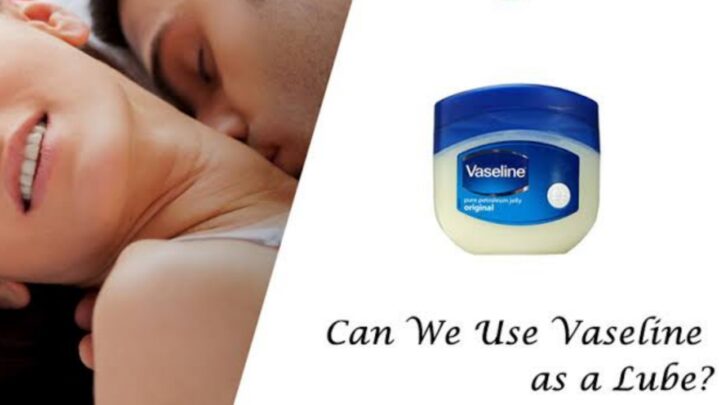We recognize that intercourse without lube is less pleasurable. Friction during sexual intercourse may cause pain if no lubrication is used because the skin is already dry. It can also cause vaginal skin tearing, penis tears, and anus. This increases the likelihood of vaginal infections and the danger of STDs for you and your partner. In such instances, people may consider vaseline as an easy and convenient lubricant. That might not be the ideal idea, considering the vaseline’s makers did not design the product for sexual lubrication. It was created primarily for external application, i.e. for use on the exterior dry skin. It is not a good lubricant choice for the following reasons:
Stays For Long:
Vaseline has a longer staying power than other water-based lubes, which is undesirable. Because it lingers longer inside the vagina and on the vulval tissues and does not dry out as quickly. Because of its water-resistive nature, it may take days to entirely wash out of the vagina.
Latex Condoms are harmed:
Vaseline, a petroleum jelly, is incompatible with latex condoms, weakening them and perhaps increasing the risk of bacterial infection and unplanned pregnancy. The oil-based ointment may cause condom tearing during sex, increasing the risk of an STD, infection, or unwanted pregnancy.
Infection Risk is Increased:
Because it stays in for a longer period of time than water-soluble or glycol-based lubes, vaseline can raise the risk of bacterial infection. A study found that women who use vaseline within their vaginas are more likely to contract a common infection known as bacterial vaginosis. It also increases the likelihood of pelvic inflammatory illness (PID).
Also Read: 5 Best Ideas To Try To Decorate Your Wall





